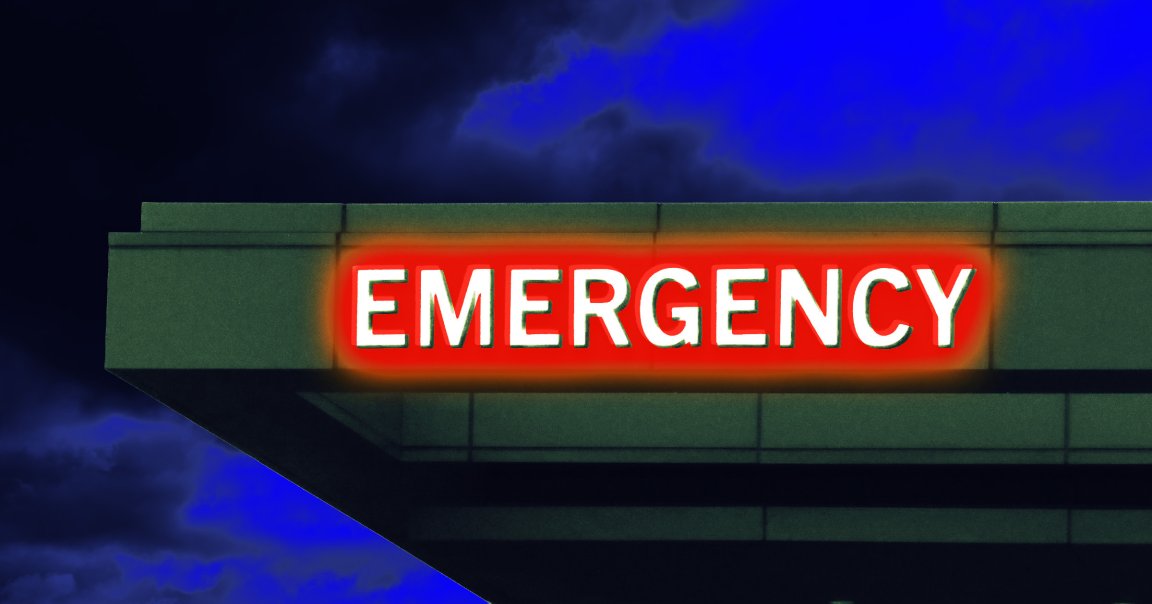
For centuries, market competition has been the driving force behind historic advances in technology and production. Innovations like industrial farming and assembly-line manufacturing signaled a major quality-of-life increase for hundreds of millions across the globe.
The system is certainly not without its consequences — but as history goes, it sure beats toiling the mud of a petty lord under feudalism, the world-system that came before.
However, after the mass financialization of the 1970s and the advent of Reaganomics — the hands-off approach to corporate regulation that took hold in the 80s — business interests have increasingly stymied progress in favor of monopoly capitalism, seeking profit from every possible source and bringing the system’s long-standing inequalities to the front.
For a perfect example, look no further than private equity’s effect on healthcare in the US as it buys hospitals to run them for profit, rather than for the public good.
A recent paper published in the medical journal Annals of Internal Medicine found that private equity ownership leads to a 13.4 percent in emergency room deaths compared to non-PE facilities. The study likewise found a large increase in transfers to other facilities — a costly practice which has been linked to higher rates of hospital mortality — as well as a slight decrease in the length of time patients spend in the ICU.
The study combed through ten years of emergency and ICU department data across nearly 350 hospitals. It attributes the worse outcomes to PE’s propensity to cut staff positions and reduce salaries for remaining acute medical workers.
Zirui Song, a senior author of the study, said in a blurb on Harvard Medical School’s research blog that “staffing cuts are one of the common strategies used to generate financial returns for the [PE] firm and its investors.”
The risks aren’t evenly applied to all patients, either. Previous studies have shown that PE ownership results in significantly more horrifying experiences for Medicare patients, an effect Song and his team also noted.
“Among Medicare patients, who are often older and more vulnerable, this study shows that those financial strategies may lead to potentially dangerous, even deadly consequences,” Song said.
Contrary to some narratives that paint PE acquisition as a last-ditch option to save struggling healthcare systems from bankruptcy, a 2024 study, also authored by Song, found that PE firms typically sink their teeth into financially sound hospitals capable of raking in steady revenue while taking on new debt.
These trends aren’t unique to emergency rooms or ICUs, either. Similar findings have demonstrated PE’s broadly disastrous effects on healthcare as a whole, in rehab facilities and nursing homes, even in children’s dental offices.
Whatever the industry, the research is clear: private equity might be great for investors, but it’s a disaster for the rest of us — and it doesn’t seem to be going away anytime soon.
More on private equity: A Billionaire Is Buying Entire Businesses and Converting Them to Run With AI